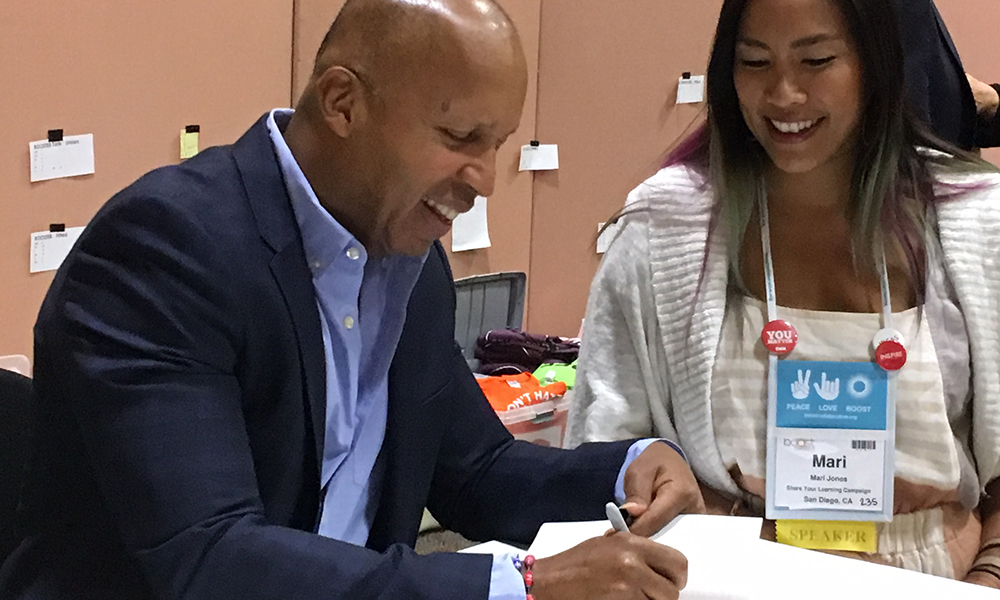PALM SPRINGS, California — At the end of April, Bryan Stevenson’s Equal Justice Institute opened a striking museum and a memorial to 4,400 victims of lynching in the United States.
Barely a week later, the death row lawyer and MacArthur grant recipient flew to California to kick off an after-school conference.
What do the two events have in common?
Being "proximate" to marginalized children "is how we begin to change the world," he told hundreds of people who work in after-school programs.
The Montgomery, Alabama, museum, The Legacy Museum: From Enslavement to Mass Incarceration, built on the site of a former slave warehouse, links past slavery to injustices of today. The message of the nearby memorial is that the atrocity of lynching and the accompanying idea of white supremacy must be faced if American society is going to change.
Youth workers have a big role to play, according to Stevenson.
For more information on Racial-Ethnic Fairness, go to JJIE Resource Hub | Racial-Ethnic Fairness
Currently, one in three black male babies can expect to go to jail or prison during their lifetime, he said, and one in six Latino boys can expect to go to jail or prison.
“We’ve got to find a way to change these expectations,” Stevenson said at the BOOST Conference in Palm Springs Thursday.
Too many politicians put forward solutions that don’t work, he said; they’re at too great a distance. Youth workers, however, are up close, and up close you hear things you can’t see or hear from a distance, he said.
Youth workers are the key
Youth workers must change the prevailing narrative and also provide hope for children, Stevenson said.
A misguided narrative — the war on drugs that was launched several decades ago — resulted in mass incarceration, he said. It included the idea of “a new species of child” who was promulgating crime, he said.
“They said these aren’t children, they’re superpredators,” Stevenson said. This narrative was based on fear and anger, he said.
States began lowering the minimum age for trying children as adults. Stevenson has represented 9- and 10-year-olds facing 50- or 60-year sentences, he said.
Part of this narrative is that “you are presumed dangerous and guilty because of your color,” he said.
Stevenson is founder of the Equal Justice Initiative, a nonprofit that has represented children prosecuted as adults and brought legal challenges against excessive sentences. It’s proven the innocence of death row inmates and has challenged abuse in prison. He is also author of the book “Just Mercy.”
Being close to poor and marginalized children opens youth workers to painful feelings, he said. But after-school workers must hang on to hope, he said, because you can’t give it to children in your life unless you have it yourself, he said.
“It would be tragic to take away the hope from your children,” he said.
